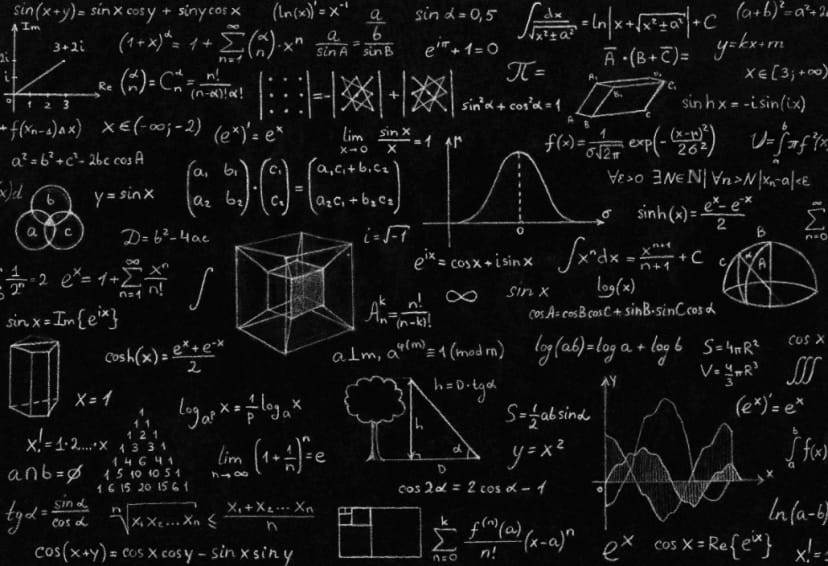Mastering Card Counting Strategies for Poker Success

Card counting is a well-known strategy that seasoned players use at the card tables. While it might seem a bit complex, in principle, it's about keeping track of the cards dealt to get an edge over the house or other players. This is particularly true in games like Blackjack, but applying strict card counting in poker is a different kettle of fish.
It's trickier to implement a true card counting strategy in most poker variations because you can't see all the cards being played. However, there are some clever techniques that can still give you an advantage. Let's take a look at how you can adapt these ideas to improve your poker game in Ireland.
Smart Poker Tactics for Irish Players
While classic card counting is tricky in poker, several adapted strategies can help you gain an edge. These approaches build on the core idea of tracking information, but they're tailored for the dynamic nature of online poker games and live tables you might find at Irish casinos.
Multi-level Counting: Understanding Card Values
This method goes beyond simply high or low. "Multi-level counting" assigns different point values to various cards based on their potential to improve your hand. It requires a bit more mental heavy lifting but can provide a more nuanced understanding of the deck's composition.
This can be particularly useful in poker variants that use multiple decks, or in draw poker games where you can better estimate the probability of receiving specific cards on the draw. It's about making more informed decisions based on the cards you've seen and those that are likely still out there.
Shuffle Tracking: Following the Flow
Shuffle tracking is another advanced technique. It involves paying close attention to how the dealer shuffles the cards. By remembering the sequence of key cards or sections of the deck, you can attempt to predict where certain cards might land after the shuffle, giving you a potential advantage.
Hole Carding
Hole carding is a counting system that consists of following other players’ face-down cards to predict what they might have during the next rounds.
The only poker variations in which hole carding can help you are the ones in which the opponent’s cards are face up.
Techniques of Card Counting in Poker
Conversion
Conversion is another great technique, which involves converting the running count into a true count.
This can be done by dividing the running count by the number of decks left in play. It can be quite easier for you to predict which cards are going to be dealt in the next hands.
Bet Spreading
Bet spreading is a technique which is about varying the size of bets based on the count. When the count is high, you will increase your bet to take advantage of the favorable conditions. But, when the count is low, you will have to decrease the bet.
Is Poker Card Counting Legal?
Card counting is a legal strategy on many online casino sites. It is not considered cheating, as card counting requires you to use a skill for advantage rather than manipulating the game itself. However, some casinos may not allow this strategy, as it clearly gives you an edge over the house.
The legal status of card counting in poker can vary depending on your region as well. In US casino sites, the chance of being punished is higher than in European casinos. But, still, there is no guarantee that you will not get punished for using any technique to manipulate the game.
The legality of card counting can also depend on the selected poker table and the casino. On any tables where players have incomplete information about the cards in play, such as Texas Hold'em, card counting may be less effective and less likely to be prohibited. However, in games where players have more information about the cards, such as Stud or Omaha, this strategy can be very helpful and casinos usually will not allow it.
It is important to follow the rules and regulations of the casino or poker room you play at, as if you don’t, you may get your account banned. One of the most common ways for casinos to punish illegal card counting is to limit your account and ask you to stop doing that.
In Summary
Card counting in poker can give you an edge not only over your opponents but over the casino as well, so there are many players that still rely on this way of playing.
Multi-level counting, shuffle tracking, and hole carding are all strategies that can be used to help you predict what cards can be dealt in the future.
True count, conversion, and bet spreading are card-counting techniques that can also help you make predictions of which cards are going to be dealt, but more accurately.
FAQ
Does Card Counting Work in Poker?
Card counting has been a strategy employed by gamblers for years, aiming to gain a slight advantage, be it against the house or fellow players. However, in poker, given the limited number of cards you can actually see, implementing card counting might not yield the results you're hoping for.
Is Counting Cards in Poker Cheating?
Most online casino sites in Ireland don't consider counting cards as outright cheating. However, some may view it differently, as it still provides you with an edge. To understand a specific casino's stance, it's best to consult their terms and conditions.
How Many Cards Do You Count in Poker?
The number of cards you should keep track of in poker hinges on the specific strategy you're employing. The process varies depending on whether you're using a high-low card counting strategy or a more complex multi-level counting system.
Is it Difficult to Count Cards in Poker?
Card counting in poker presents a greater challenge compared to other card games. This is because you don't have visibility of all the cards dealt in each round. Some cards are 'burnt,' and not every player reveals their hand. These factors combine to make card counting in poker a particularly tricky endeavour.














